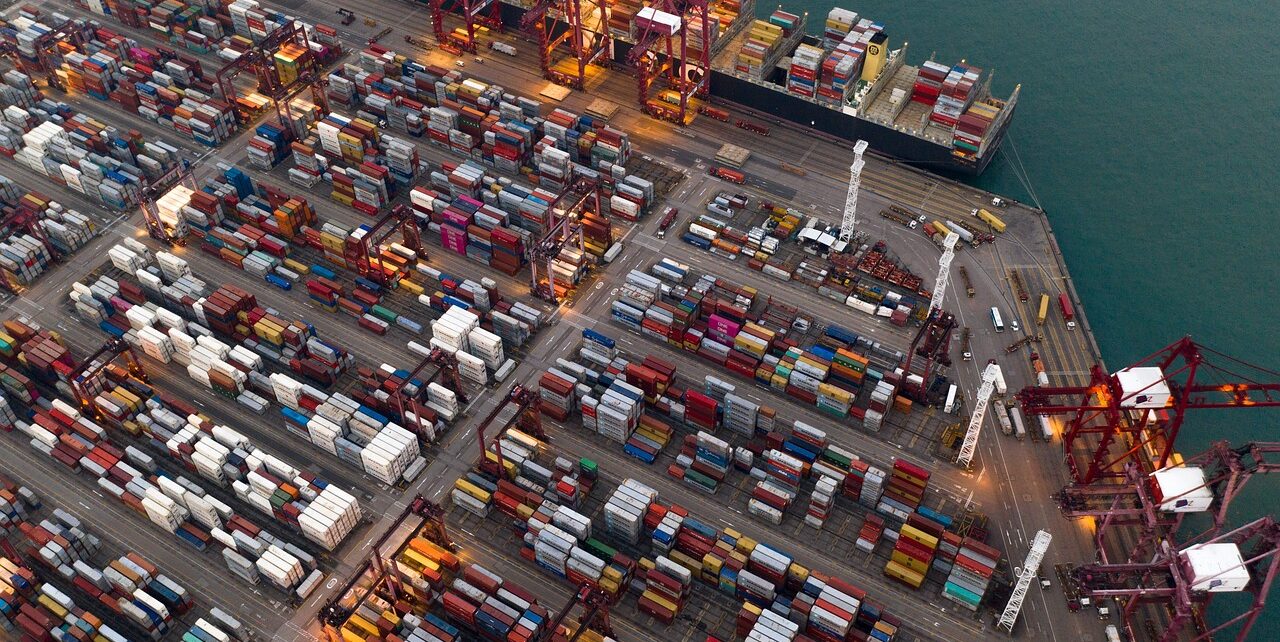Egypt’s real gross domestic product (GDP) growth surged to 4.77% in the third quarter of the 2024/2025 fiscal year, marking the highest quarterly expansion in three years, according to the Ministry of Planning and Economic Development.
The growth was fueled primarily by strong rebounds in non-oil manufacturing, tourism, and information and communications technology (ICT) sectors central to the country’s evolving economic strategy.
This momentum emerged amid persistent global uncertainty, reflecting the impact of Egypt’s structural reform program, which aims to enhance macroeconomic resilience, elevate private sector engagement, and boost export competitiveness.
Exports and private investment lead recovery
Egypt’s net exports made a significant contribution to overall GDP growth, adding approximately 2.7 percentage points. This was driven by a notable 54.4% increase in exports of goods and services—far outpacing the 18.7% rise in imports—signaling improved trade dynamics and growing global demand for Egyptian products.
At the same time, private investment at constant prices rose by 24.2% year-on-year, surpassing public investment for the third consecutive quarter. Private capital accounted for around 62.8% of total executed investments (excluding inventory), reflecting the government’s ongoing efforts to position the private sector as the main driver of economic growth.
However, public investment declined sharply, contracting by 45.6% compared to the same period a year earlier. This significant reduction lowered the overall contribution of investment to GDP by approximately 2.44 percentage points. The public sector’s share of total investment dropped to 37.2%, indicating a strategic pivot toward fiscal consolidation, more selective capital spending, and a policy focus on leveraging private sector resources more effectively.
Sectoral performance reflects structural shifts
Several high-performing sectors highlighted Egypt’s ongoing transition toward a more productive, export-driven growth model. Tourism grew by 23%, bolstered by improved regional stability and targeted promotional campaigns. Non-oil manufacturing expanded by 16%, contributing 1.9 percentage points to overall GDP growth, while the ICT sector posted a strong 14.7% increase, reflecting accelerating digitalization and innovation.
Within non-oil manufacturing, the ready-made garments industry was a standout performer, with production rising by 23.7% and exports of finished goods increasing by 12.7%—underscoring the sector’s growing competitiveness and deeper integration into global supply chains.
Headwinds in extractives and logistics
Some legacy sectors continued to face headwinds. Output from natural resource extraction remained weak, with oil and gas production declining by 9.5% and 20.5%, respectively. Similarly, Suez Canal revenues fell by 23.1%, reflecting disruptions in global trade routes and reduced shipping volumes. However, planned investments in field development and energy infrastructure are expected to support a recovery in the extractives sector over the medium term.
Looking ahead, the government has reaffirmed its GDP growth target of 4.5% for FY 2025/2026, despite emerging geopolitical risks—including the June 2025 conflict between Iran and Israel. The approved national development plan maintains a cap on public investment at EGP 1.158 trillion, while strategically directing 47% of treasury-funded investments toward health, education, and social protection. This allocation underscores a strengthened commitment to human capital development and inclusive growth.




